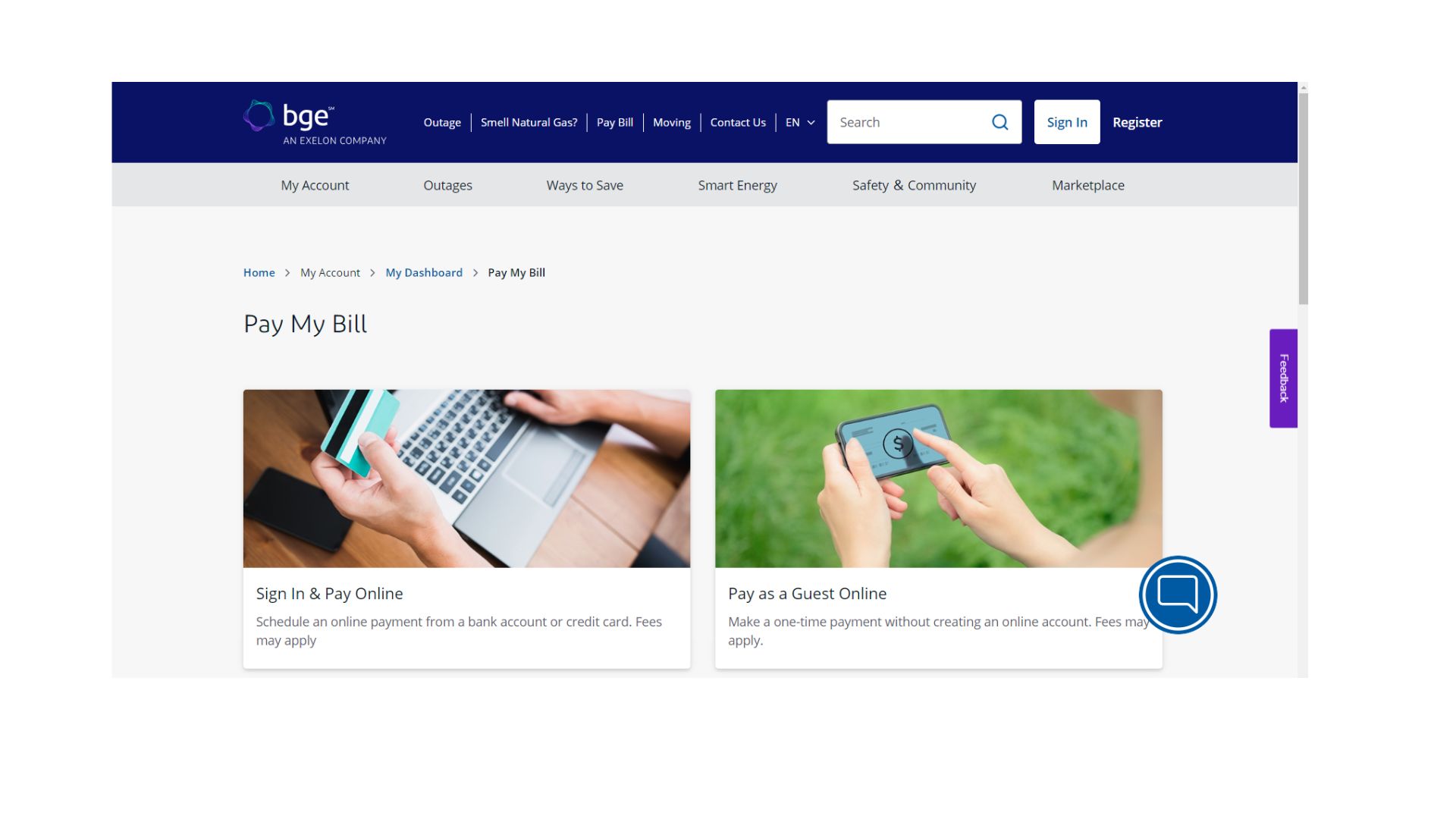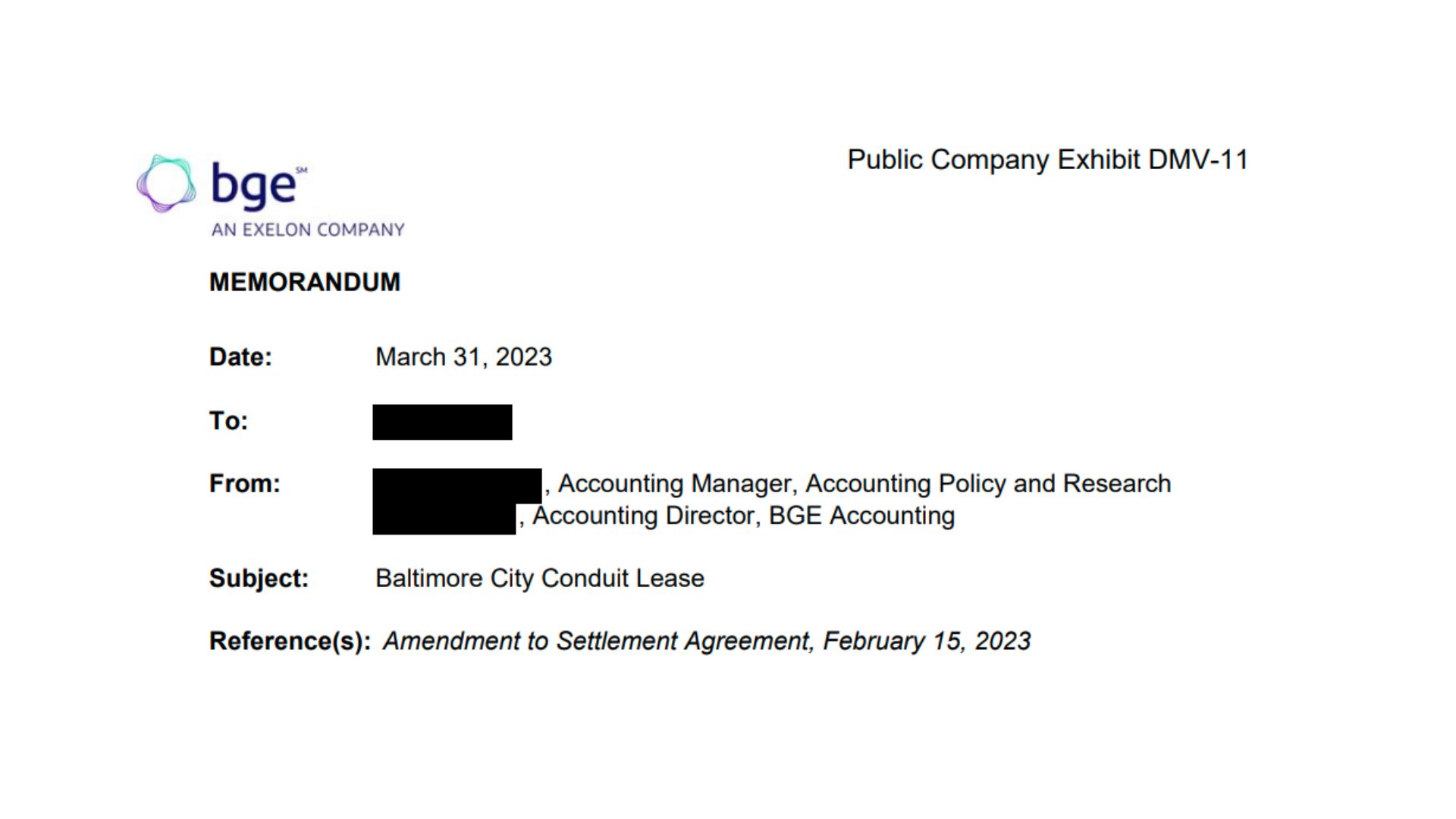
Electric and gas utilities spend millions on political influence in Maryland
White paper tracks direct lobbying by utilities, as well as other activities such as advertising and trade association dues that can be reasonably categorized as intended to shift public opinion and influence decision-makers.
Maryland electric and gas utilities’ are spending millions on political influence activities in Maryland.
As regulated monopolies, utilities have a unique ability to advance their interests — higher rates and profits, slowing the transition away from fossil fuels, and locking in profits on the clean energy transition — through public policy.
As state granted monopolies, legislators and regulators have direct control over how much profit utilities are authorized to deliver to their shareholders. This dynamic makes utilities’ political dealings more vulnerable to corruption or the perception of corruption in the public’s eye.
Recent high profile scandals in Ohio, Florida, and Illinois are an important reminder of the need for oversight and transparency.
Key Findings
- Utilities collectively spent more than $2 million on lobbying in Maryland during the most recent reporting period.
- More than half of that spending came from Maryland’s largest two utilities, Baltimore Gas and Electric (BGE) and Potomac Electric Power Company (Pepco), which are both subsidiaries of the Exelon Corporation (Exelon). Exelon is a Chicago based publicly-traded holding company with nearly $20 billion in annual revenue.
- The companies weighed in on more 50 pieces of legislation relating to energy, the environment, decarbonization, decommissioning of power plants, and the implementation of the Climate Solutions Now act, Maryland’s landmark climate transition legislation.
- At the time of release, more than 70 individual lobbyists had registered to lobby on behalf of various utility companies in 2024, 44 of which were registered on behalf of BGE and Pepco.
- The utilities disclosed more than $4 million in general advertising expenditures for the reporting year 2022, and more than $1 million in trade association dues.
Advertising
The white paper found evidence that some advertising sought to sway regulators, decision makers, and public opinion on decisions before the Maryland Public Service Commission (PSC). The PSC oversees utility companies’ operations and approves the costs they charge their ratepayers as well as the authorized rates of return on their investments.
- BGE ran a sponsored content piece in the Baltimore Business Journal in support of its recent multi-year rate case filing at the Maryland Public Service Commission.
- Similarly, BGE has purchased at least six pieces of sponsored content in the Baltimore Banner, including a version of the same piece it ran in the Baltimore Business Journal, and a related piece charging that “loud and unaccountable voices claim that natural gas has no role in Maryland’s energy future.”
Conclusions
Utilities are at a time of transformation in Maryland. As the state navigates the shift away from fossil-fueled home heating, gas utilities face the potential of partial or full retirement of their system, and electric utilities need to adapt to manage the electrification of transportation and homes.
The decisions made by our legislators and regulators as they work to meet Maryland’s ambitious climate goals will have real consequences for Marylanders’ health and financial security.
Regulated utilities have proven to be a successful means of providing for the public good of reliable, safe, and affordable utility service. But transparency and vigilant regulation of the utilities is critical to protect the public interest.
Read the report

Politics of Power:
Topics
Authors
Emily Scarr
State Director, Maryland PIRG Foundation
Emily directs strategy, organizational development, research, communications and legislative advocacy for Maryland PIRG. Recently, Emily helped win small donor public financing in Montgomery and Howard counties, and the Maryland Keep Antibiotics Effective Act to protect public health by restricting the use of antibiotics on Maryland farms. Emily also serves on the Executive Committees of the Maryland Fair Elections Coalition and the Maryland Campaign to Keep Antibiotics Working, and the Steering Committees for the Maryland Pesticide Action Network and Marylanders for Open Government. Emily lives in Baltimore with her husband and dog.
Find Out More

BGE’s Rate Hike – what does it mean?

BGE’s Conduit Memo – what does it mean?

It’s time for Maryland to start planning for a future without gas heat and power.
